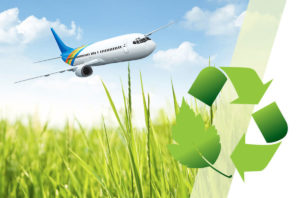 National Corn Growers Association economist Krista Swanson analyzed the most recent data from USDA and the Energy Information Administration (EIA) regarding ethanol demand and corn supplies.
National Corn Growers Association economist Krista Swanson analyzed the most recent data from USDA and the Energy Information Administration (EIA) regarding ethanol demand and corn supplies.
Swanson notes that projected corn ethanol use for the 2022/23 marketing year declined by 25 million bushels from last month, according to the February UDSA World Agriculture Supply & Demand Estimates report. “As the only change on the supply or demand side of the corn balance sheet, it resulted in a corresponding increase of 25 million bushels in projected corn ending stocks for the current marketing year.”
Despite a return to the post-COVID normal in 2022, fuel ethanol produced using corn trailed the years leading up to the 2020 COVID disruptions. “After dropping to 13.9 billion gallons in 2020 and recovering to 15.0 billion gallons in 2021, production in 2022 was 15.4 billion gallons. This is 88% of the 17.4 billion gallon per year total of U.S. ethanol production capacity.”
The February EIA Short-Term Energy Outlook projects a 2023 fuel ethanol production of 15.2 billion gallons, a 1% decline from 2022. Though not a significant reduction from 2022, the sector is falling about 5% short of the pre-COVID production levels.
Among the factors that impact ethanol production are motor gas consumption and ethanol blend rate. Motor gas consumption fell to 123.4 billion gallons in 2020, a 13.7% decline from the 2017 to 2019 annual average of 142.9 billion gallons. Statistics from the U.S. Department of Transportation show that vehicle traffic volume for 2022 was back to pre-COVID levels, indicating that miles driven is not a factor in lower ethanol use.
The ethanol blend rate, the amount of ethanol blended relative to the amount of motor gasoline consumed, has moved incrementally higher annually but still would round to 10% for the past decade. This is not surprising given nearly all gas sold in the U.S. contains 10% ethanol. Higher blends such as E15, marketed as UNL88 and E85, are available in various markets across the U.S. Expansion of and availability of higher ethanol blends is needed to break through this 10% blend wall.
Swanson concludes that the “capacity for greater corn ethanol production is already available, and the U.S. could be using more of it.”










